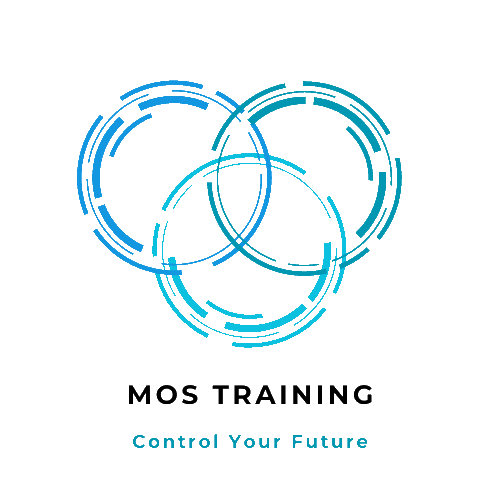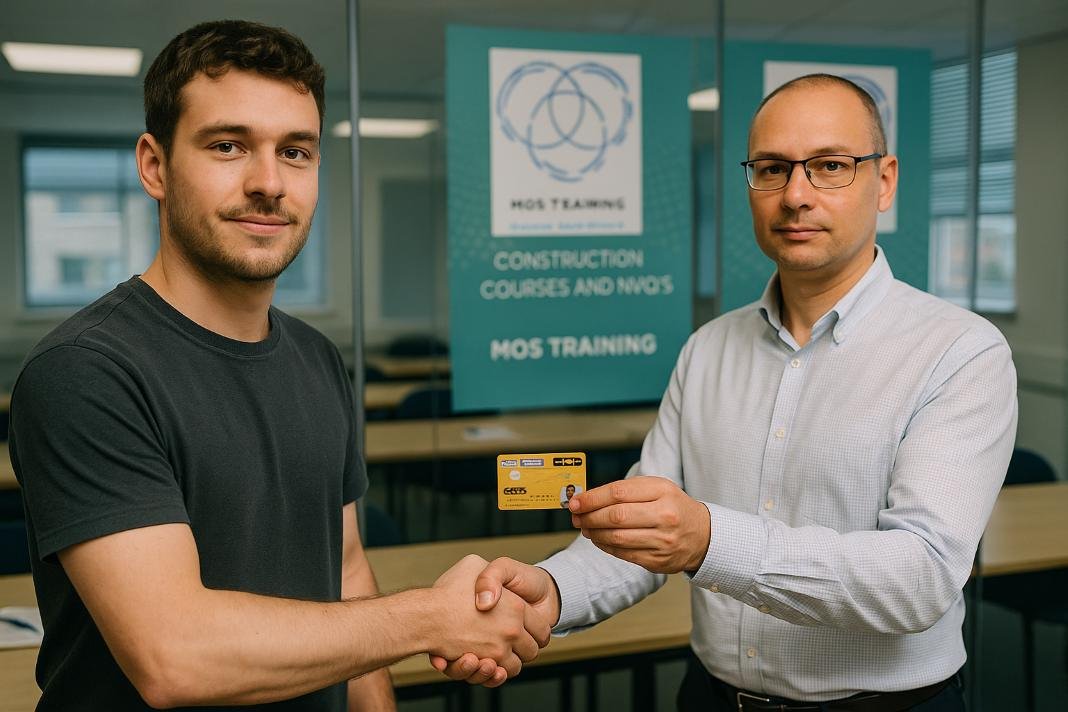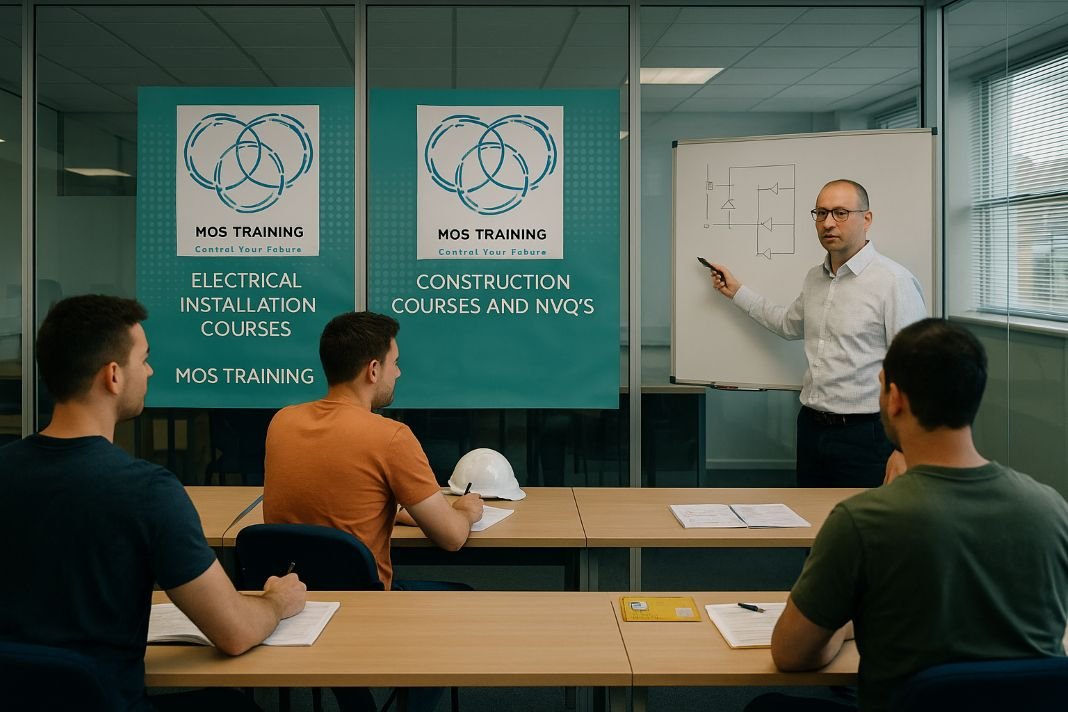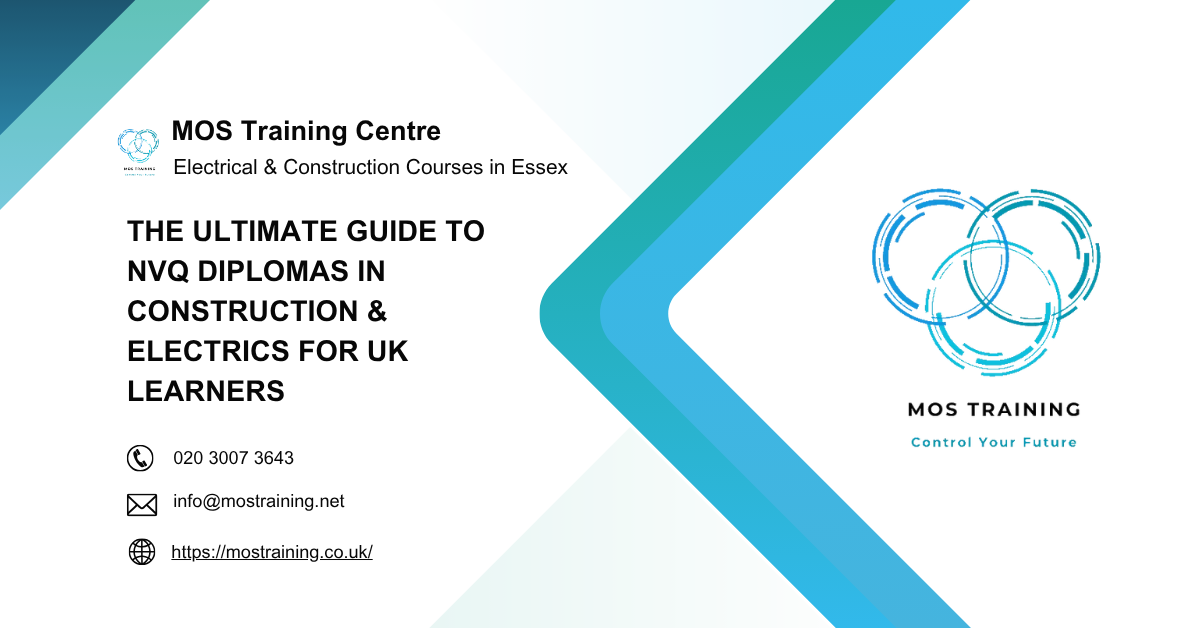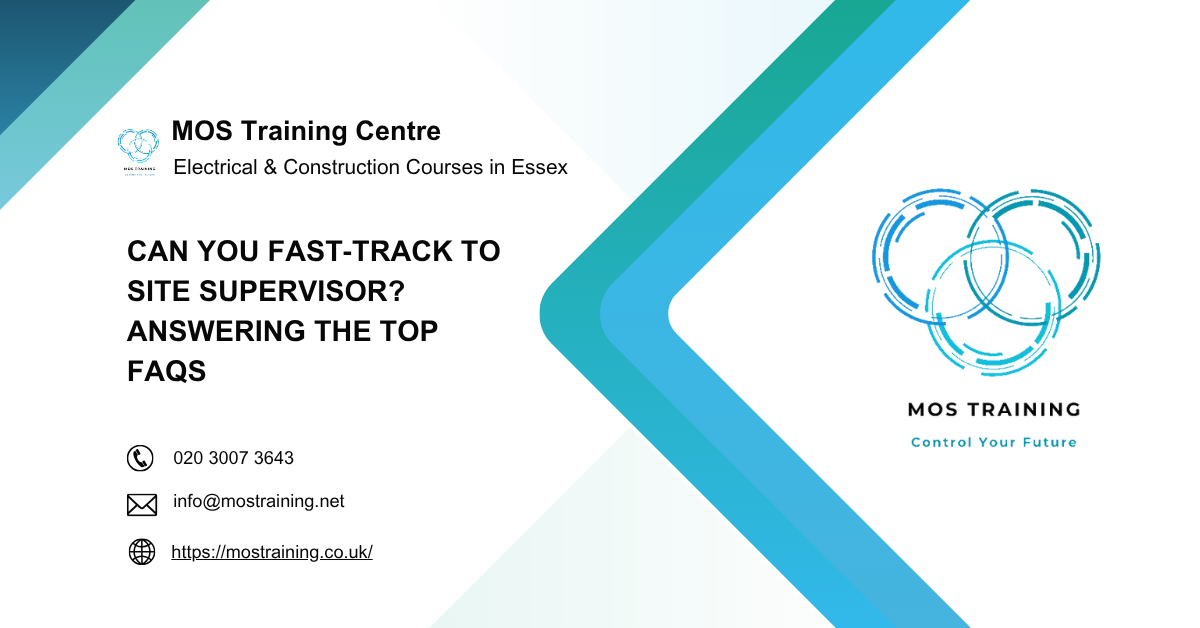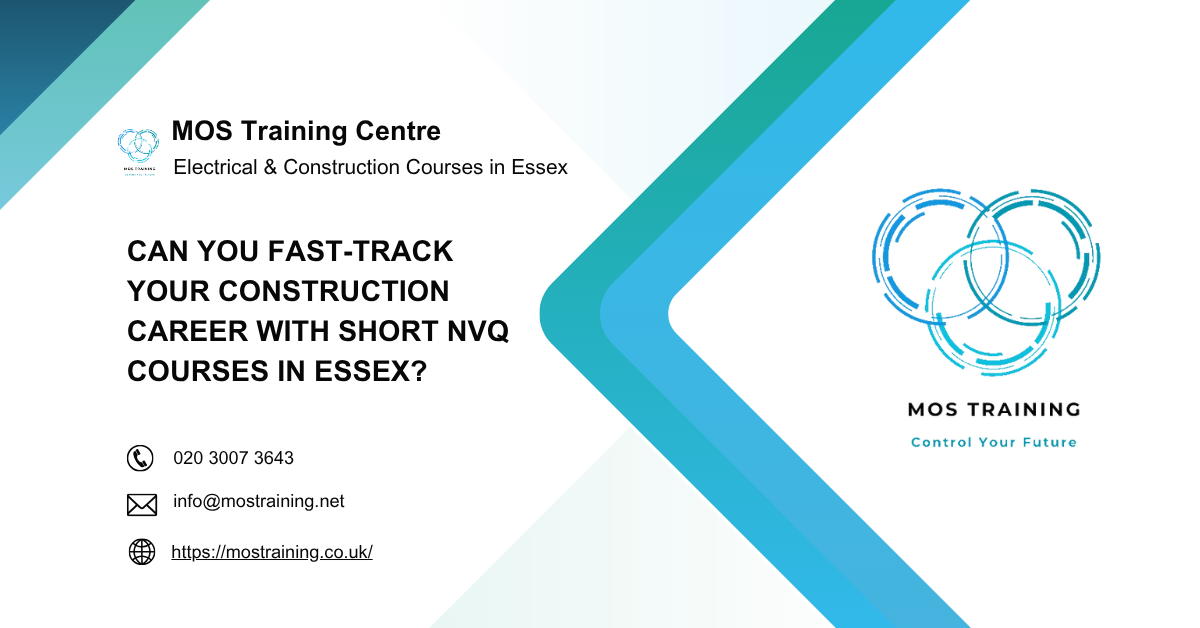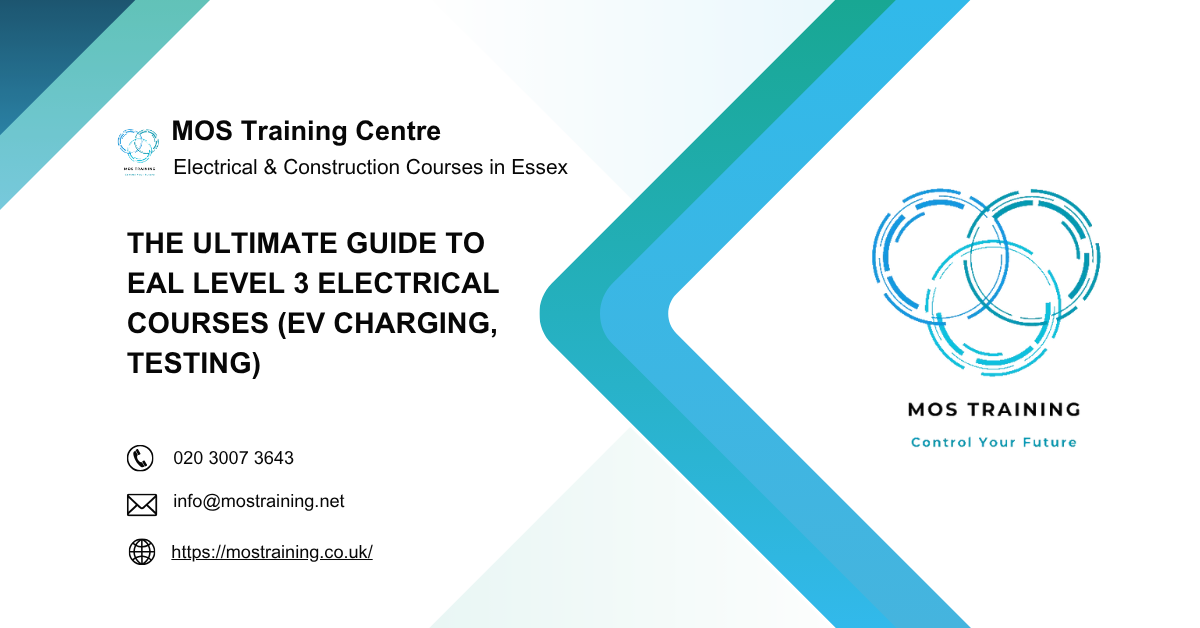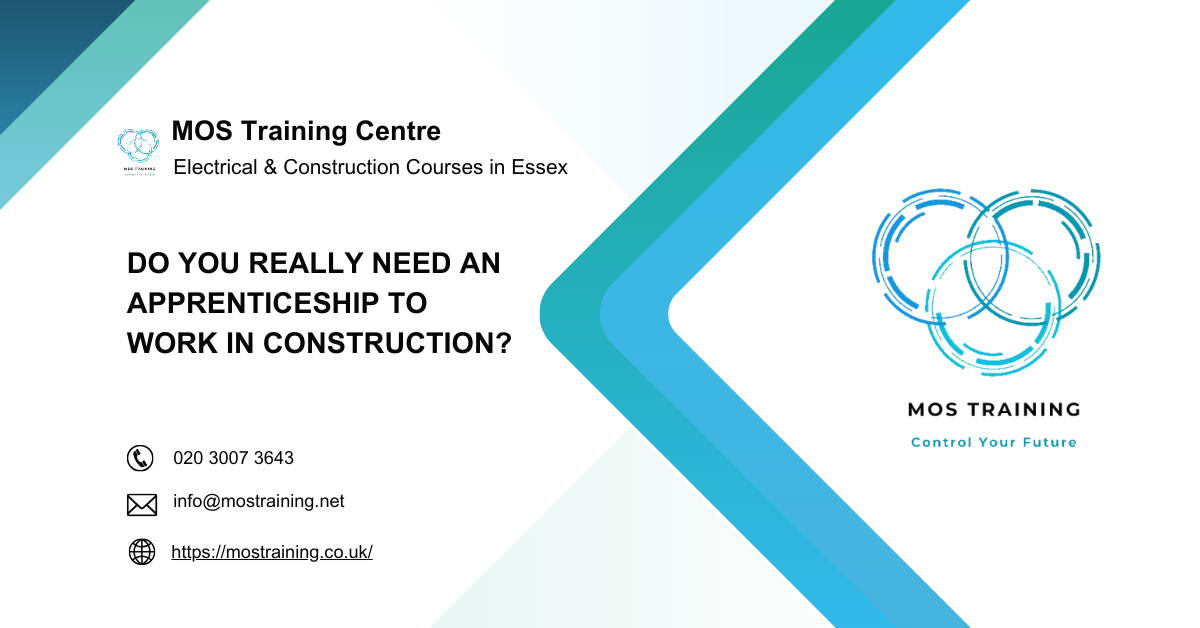What Is the Difference Between NVQ and EAL Electrical Qualifications?
If you’re planning a career as an electrician in the UK, you’ve probably seen both EAL and City and Guilds offer the NVQ Level 3. So, what’s the difference? In terms of recognition and outcome, there isn’t one. Both qualifications are listed on the Regulated Qualification Framework and meet the same industry standards for UK electrical certification.
EAL stands for Excellence, Achievement and Learning. It’s a recognised awarding organisation, well respected in the electrical and engineering sectors. City and Guilds is another long standing awarding body, widely used in vocational training. Both offer the same NVQ Level 3 electrical installation qualification with aligned content and assessment. Any differences usually come from how a training centre delivers the course.
Your certificate, whether issued by EAL or City and Guilds, is accepted by employers, on site learning providers and recognised by registration schemes such as the ECS Gold Card route.
Here's What We Have Covered In This Article
How Does the NVQ Level 3 Electrical Qualification Work in the UK?
The NVQ Level 3 is a practical, skills based qualification based on real site experience. You create a portfolio of evidence showing your work on actual installations. This might include installing wiring systems, carrying out fault finding, or working safely under BS 7671 regulations. You’ll also be observed by an assessor who checks your competency on site. This is known as evidence based assessment, and it ensures that your real world performance matches industry expectations.
After you complete the portfolio, you move on to the AM2 assessment. This is a timed practical exam that covers inspection, testing, fault diagnosis and final verification. You will be assessed at an electrical testing station to demonstrate full competence. Passing the AM2 confirms you meet the standard of electrical competence. It also qualifies you to apply for the ECS Gold Card.
The NVQ Level 3 proves you are able to work safely, follow electrical safety regulations and carry out skilled tasks independently. This makes it an essential qualification for long term progress in the trade.
Pro Tip 1: If your goal is the ECS Gold Card, make sure your NVQ includes AM2 assessment.
What Is the ECS Gold Card and Why Is It Important?
The ECS Gold Card is widely recognised as the benchmark of competence for electricians in the UK. It proves you have completed your NVQ Level 3, passed the AM2 assessment and demonstrated health and safety knowledge through the ECS test.
Employers often require the card when hiring for commercial or industrial projects. To apply for the ECS Gold Card, you need a Level 3 electrotechnical qualification from a recognised awarding body like EAL or City and Guilds. You also need to pass the ECS Health, Safety and Environmental Assessment.
Once you have the card, it can open up a wider range of jobs and help you stand out to employers. It confirms that your skills have been independently checked and meet national standards.
An AI photo of MOS Training presenting a student with their Gold Card.
Pro Tip 2: Already working on site? The Experienced Worker Route could save you time and cost.
EAL vs City & Guilds: Which Awarding Body Should You Choose?
Both awarding bodies offer qualifications that lead to the same career outcome. The choice usually depends on your training centre’s preference.
Some providers offer EAL for NVQs and City and Guilds for classroom study. Others use just one awarding body for all electrical qualifications. EAL is often used in centres focused on engineering and technical skills. City and Guilds has a broader presence across colleges and general training centres.
Both awarding bodies cover the same topics, including the 18th Edition Wiring Regulations and the Part P assessment. They are both accepted as part of your route to becoming an electrician in the UK.
Instead of worrying about which name is on the certificate, focus on choosing a provider with strong learner support, flexible assessments and clear guidance throughout the process.
An AI photo of MOS Training Centre training
Which Electrical Qualification Suits Your Career Goals Best?
The best route depends on your experience and the type of work you want to do. If you’re starting from scratch, the NVQ through either EAL or City and Guilds is the most recognised option. If you’ve already gained experience in the trade, the Experienced Worker Route might help you finish the NVQ faster through work based assessment.
Some people consider the Domestic Installer route. While it can be quicker, it doesn’t lead to full electrician status and won’t qualify you for an ECS Gold Card.
If you want to be fully qualified to work on domestic, commercial or industrial sites, the NVQ Level 3 is the most widely accepted route. It shows that you have on site skills, practical experience and meet safety standards required by the industry.
Pick a route based on your own background, how you prefer to learn and how much time you can commit. Both awarding bodies offer the same level of qualification. What makes the difference is the quality of support you receive during the process.
Still Not Sure? Get Help Choosing the Right Electrical Training Path
If you’re still weighing up your options, it helps to speak to a provider who can guide you through both routes. At MOS Training Centre, we help learners figure out the best option based on their career goals, work experience and preferred pace.
We support learners through the NVQ Level 3 process, from creating a portfolio to preparing for the AM2 assessment. We help you understand each step of the UK electrician training route and how your qualification links to long term opportunities.
We can also advise on the Experienced Worker Route and extra courses such as the 18th Edition or Part P.
Whether you’re just starting out or want to complete your qualification, we’re here to support you. Get in touch with the training support team at MOS Training Centre to plan your next steps into the electrical industry.
Book Your NVQ Assessment with Us
Already working in the trade? We’ll guide you through the NVQ Level 3 and help you prepare for the AM2.
Frequently Asked Questions
Can I get an ECS Gold Card with an EAL qualification?
Yes. If your EAL NVQ Level 3 is in electrical installation, and you pass the AM2 and ECS Health and Safety Assessment, you can apply for the ECS Gold Card.
Is EAL as recognised as City and Guilds?
Yes. Both awarding bodies are equally recognised by employers and registration schemes. They meet the same national standards.
How long does it take to complete the NVQ Level 3?
That depends on your experience. If you’re new to the industry, it may take one to three years. If you already have on site experience, the Experienced Worker Route could shorten this time considerably.

